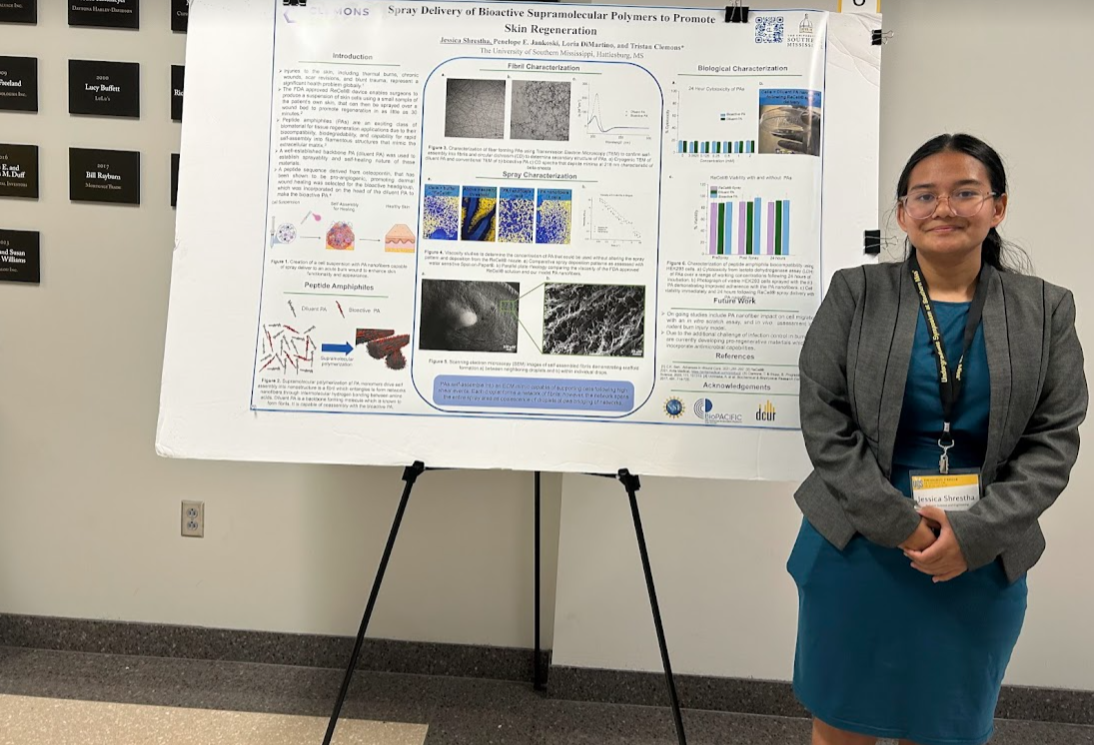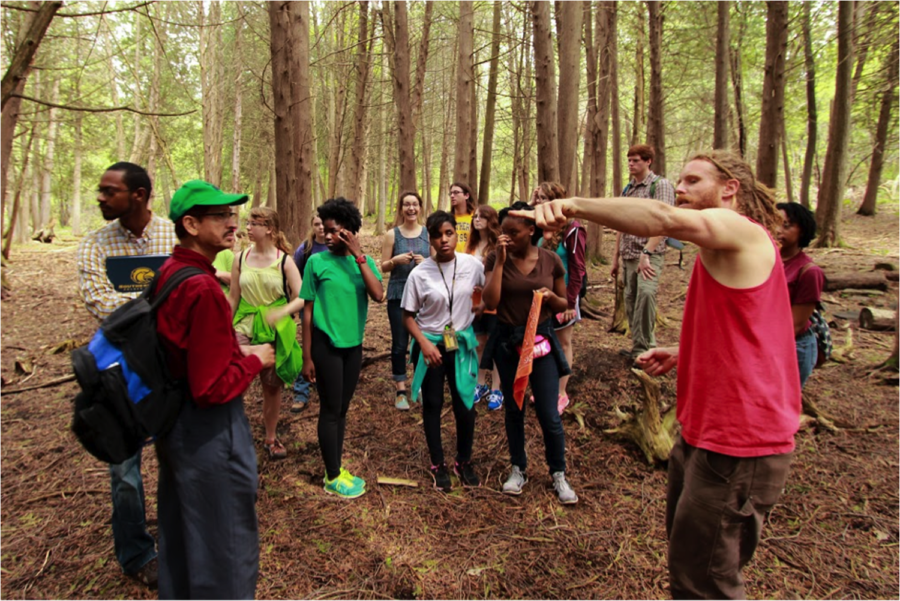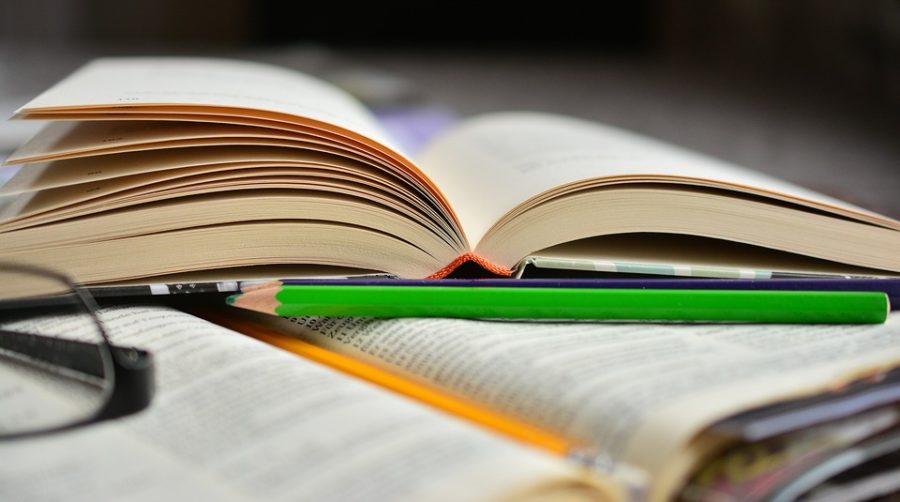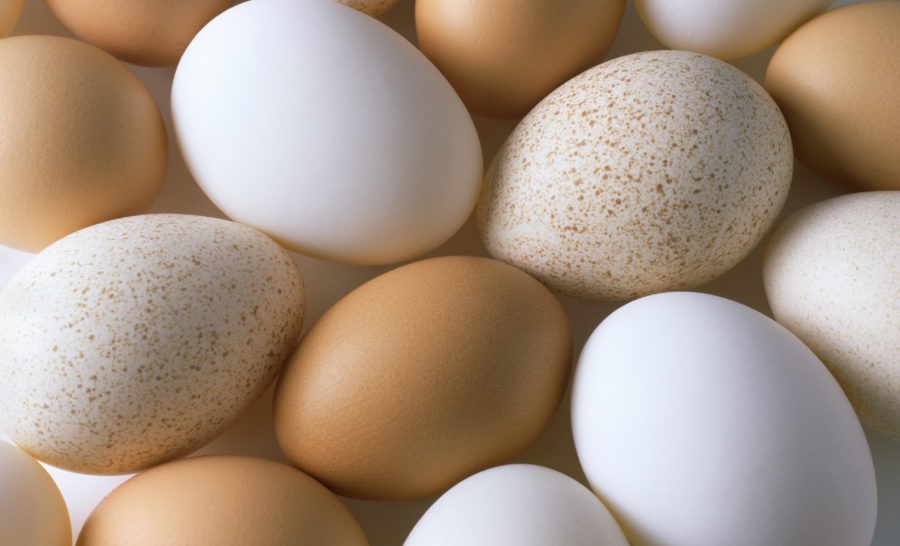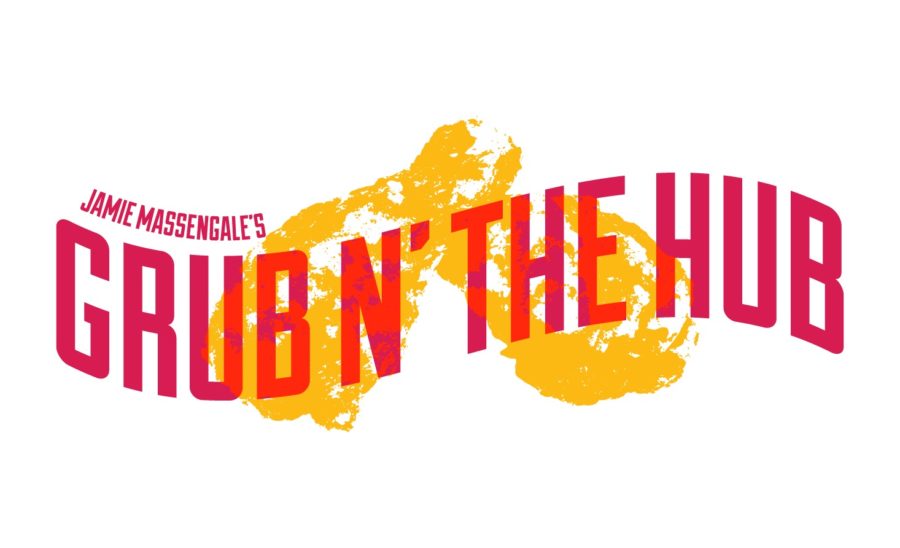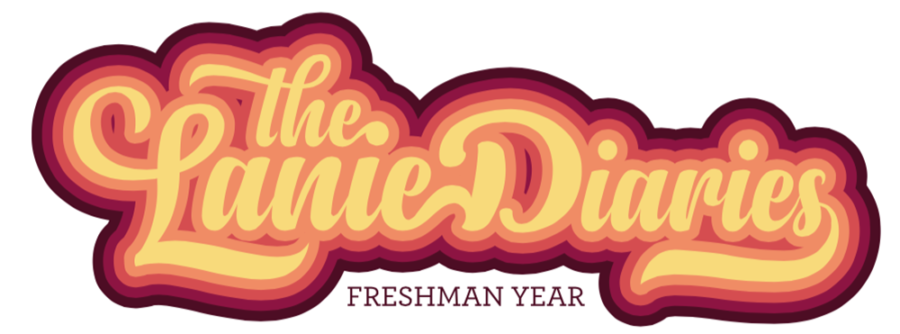Choosing a summer study abroad program over the packed-up college education, or moving out of regular jobs that we have grown to love, to move on to other things, can be startling, but it is all in how we perceive it.
In the same way, exposing ourselves to another culture and making a change, especially in the made-easy lifestyle, is not always easy. But a group of 12 students and two trip leaders—Christopher Ferrell and Haley McMinn of The University of Southern Mississippi—in this summer unwrapped the inertia to experiencing new things, learning new skills, gaining international experience, while making friends in today’s changing life. They made it by visiting and collaborating on a community project, known as Project Serve Canada, hosted by the University of Guelph in the neighboring country of Canada during May 9-16. The group was so impressed by the activities to practice sustainability of life in the southeastern corner of Canada that they crafted their own pledges to make a change in their wasteful lifestyles at home.
The pledges ranged from water conscious dish-washing to biking cycles that they observed, experienced and even learned from the practices of preparing their own food, learning how to make own personal products and the “coyote-lesson” from the outdoor school in the Guelph woods. In the coyote style, learning is initiated among the children, especially those with disabilities, as they address each other as “elder brother” and “younger brother” and sit down or walk and talk together.
The coyote-method is one of the most popular western Native American cultures (mythos), especially among indigenous peoples of Canada and Great Basin in the U.S. The coyote mythos can be categorized in many ways. In this case, the learning as “functional equals” in a natural way starts by developing attributes of human qualities—from awesome perception through inquisitiveness and caring/tending to service to the community. Coyotes know their environment by smelling, guessing and surveying their territory as in nature. It starts by oral stories that transfer from generation to generation.
Members of the team thus avowed to make varying changes in their lifestyles. For example, one student who just wanted to see Canada as a break to her mind-boggling study of psychology made a commitment to the extent that she would no longer use plastic bottled water, especially from the Nestle company, which has been exhausting the underground water resources of the neighboring area of Guelph despite protests of the local people of the First Nations known as aboriginal.
Someone promised she will no longer throw away even a candy wrapper on the street but will rather pick up those strayed around to put into a trash bin, because a piece of trash not only makes our neighborhood nasty, it also deteriorates our soil fertility and quality of water. Huge garbage patches caused by litter in the Pacific, one even larger than the state of Texas, have long been making fish and wildlife intoxicated.
A student who decided to come to Canada just to celebrate his graduation vowed to uphold the rights of the underprivileged people’s access to proper food by helping to build food banks in his neighborhood. He worked along with others in the West Willow Village, where a neighborhood community helps the poorer people with food collected from the local markets as well as farmers of Guelph. In this case, local organic farms are the main source of supplies. Many affluent neighbors extended their support to make the food bank efforts viable. Affluent customers also buy items or split their shares and put some into the donation-cartons placed in the local stores. Also, a Hope House collects and distributes clothes and other items to people who cannot afford them, especially in the time of deep-freezing weather.
One student committed to encourage his roommates and neighbors to avoid motor vehicles, instead use bicycles or walk to the grocery stores and shopping centers, which are not far away. This student regularly rides a bicycle eight miles minimum to and from school, excluding other times of biking and walking. The University of Guelph is connected by 12 bus and rail services, which facilitate the journeys of students, faculty members, officials and employees to and from Guelph City and other parts of the province of Ontario from dawn to dusk, in some routes up to midnight and around the week.
Another student said she will start conserving water by using less in the shower and cleaning and cooking. She can make it by slowing down the flow of tap water and stopping the flow in intervals when even in use. She was joined by another student who said we can utilize grey-water and compost to grow organic vegetables at home. Another student said she would now get three bins at home—one for recycles, one for compost and one for trash only, as the student dorms, campus and city in Guelph follow the rules. Organic farming and planting trees have been striking efforts made by the University of Guelph, the City of Guelph, the County of Wellington, where the university and the city are situated, and the local farmers. University students volunteer with them from time to time.
A student contended why we do not follow the examples of the dorms of the UG, where there is no use of paper towels in the kitchen or toilets (there are only toilet-tissues). Kitchen towels are used to clean and dry the utensils. Most importantly, no bottled water is in use. Tap water is very clean and pure to drink. Another student made the commitment of preserving electricity at home and in the student dorm by turning off the lights while not necessary, or when away from the room or study. She was encouraged by the examples of power conservation in Guelph, where agencies, including the chamber of commerce, award the lowest users of power every month. The city, university and community use power from the hydro-electric plants, wind turbines and methane gas.
What is all of this about? These are some pieces of a well-talked-about lifestyle popularly known as “sustainable living.” It is a hot topic today. But many people are not sure exactly what it means. Sustainable living is a lifestyle that attempts to reduce indiscriminate use of the earth’s natural and personal resources by an individual or a society. A workshop held at the Guelph Chamber of Commerce and the closing discussions at the Guelph University’s Aboriginal Center provided us with a variety of food-for-thought focusing on three major areas—water, energy and transportation. What I do at home, what I can do at home, and what (things/ideas) I can bring to my city. For example, a group of students dealing with energy came up with their ideas, such as to turn off the A/C and use sunlight, unplug appliances, use energy-saving light bulbs or lamps and do cold-water laundry, read a book in place of watching television and make lights automatic. To bring to the city included: solar panel incentives and give out lightbulbs.
Even small things involving our lives overlap one another, if we start some practice at home that would make an impact on the other, such as washing own clothes at home. This gives us added advantage of some physical exercise/labor to maintain our health.
We may think the Guelph initiative a small island in the ocean to be washed away anytime. But the example it set, the commitment it made can be contagious to others. The City of Guelph vows: “What if we get there first? Guelph could become the Silicon Valley of the post-carbon-energy economy.” If Silicon Valley can become the world model of software economy (now is taking the green energy projects), Guelph can become the model in the post-carbon economy. It depends on the endeavors, cooperation and collaboration of social bodies and participation of individuals.
The development system in the most developed countries, especially in the West, is based on fossil fuel. Since the media outlets are in the hands of the conglomerates, it is in their interest to present information to the society that global warming is not a serious problem. While the majority of scientists agree that the enormous use of natural resources are engaged for facilitating individualized lavish life-style in the West, its media outlets are in oscillation of the debate about global warming caused mostly by human actions.
The U.S., where its most populated state of California has been affected by drought for several years, needs sustainable water management most. Bangladesh has been facing drought-related problems for a long time. We need to leave the world in such a way so that future generations will be able to enjoy a quality of life. Otherwise, they will curse us as prodigals.


